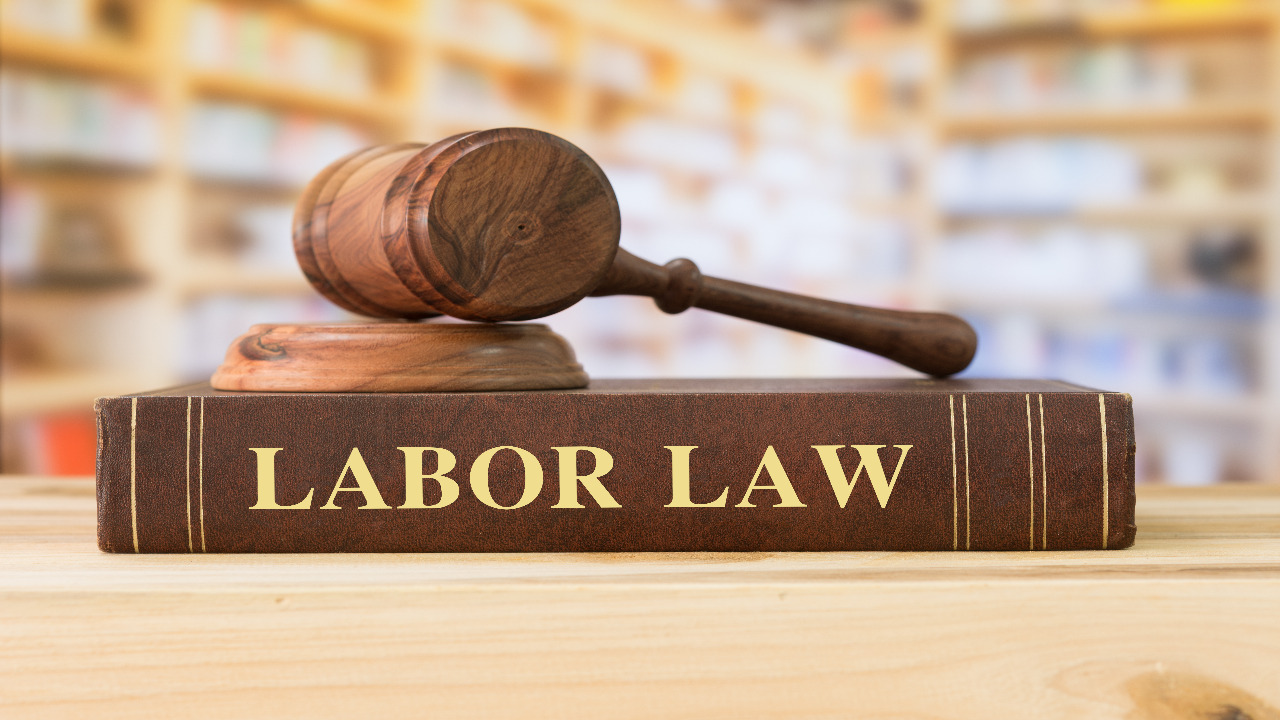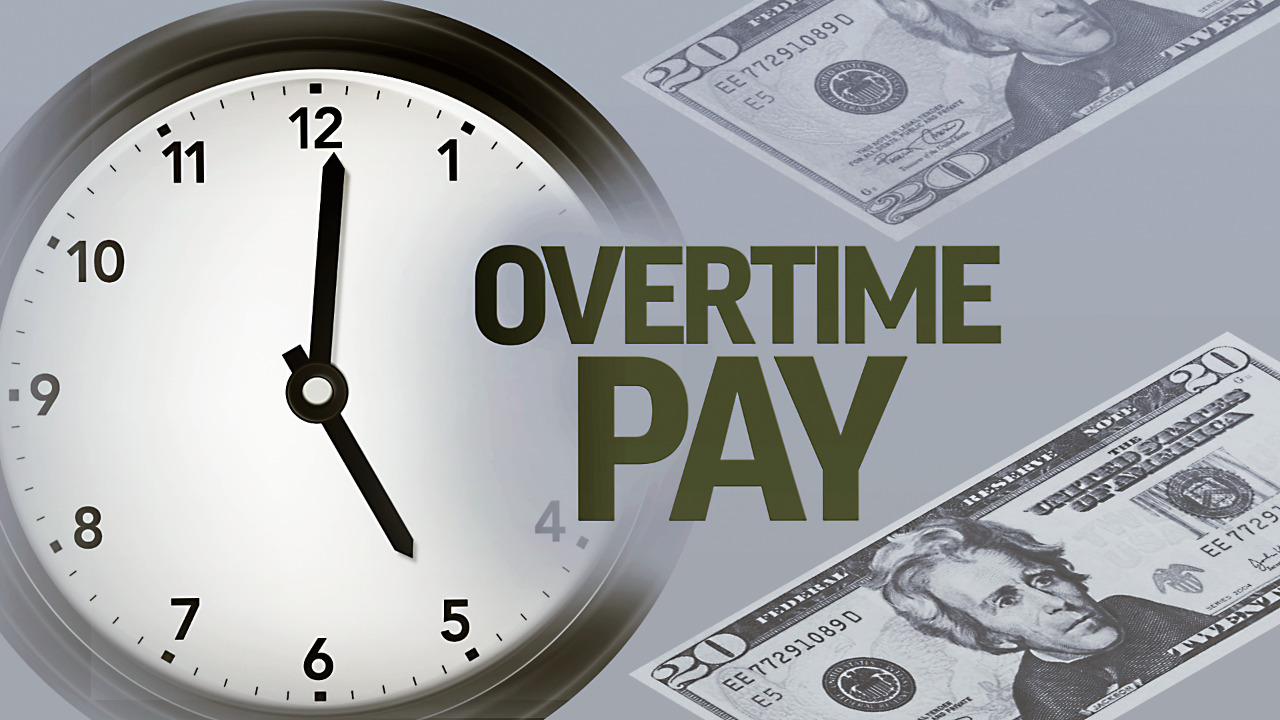Salary Payment Compliance: How to Stay in Line with Labor Laws and Regulations
Salary payment compliance is a critical aspect of running a business and ensuring fair and lawful compensation for employees. It involves adhering to labor laws and regulations related to wage rates, overtime, deductions, and record-keeping. Failing to comply with these laws can lead to legal troubles and reputational damage. In this article, we will explore essential guidelines to help businesses stay in line with labor laws and regulations when it comes to salary payments.
Understanding Labor Laws and Regulations

Labor laws and regulations vary from country to country and even within regions, making it essential for businesses to familiarize themselves with the specific rules applicable to their jurisdiction. These laws typically cover areas such as minimum wage requirements, overtime pay, deductions, and record-keeping obligations. Employers must understand and comply with these laws to avoid penalties, lawsuits, and damage to their reputation. One aspect of compliance involves accurately documenting and maintaining employee payment records, including paystubs. Paystubs provide detailed information about an employee’s earnings, deductions, and taxes withheld. To ensure compliance and streamline this process, businesses can utilize a paystubs maker tool that automates the creation of accurate paystubs, reducing the potential for errors and ensuring adherence to legal requirements.
Minimum Wage Compliance

One of the fundamental aspects of salary payment compliance is adhering to minimum wage requirements. Employers must ensure that they pay their employees at least the legally mandated minimum wage. This includes understanding any exemptions or variations that may apply to certain categories of workers, such as apprentices, trainees, or disabled employees.
Overtime Payment

Labor laws often dictate how employers should compensate employees for working beyond regular working hours. Employers must determine the overtime rate, typically a premium above the regular wage, and accurately calculate and pay overtime wages. It is crucial to keep track of overtime hours worked and maintain proper records to demonstrate compliance.
Deductions and Withholdings
Employers may make deductions from employees’ salaries for specific reasons, such as taxes, social security contributions, or court-ordered payments. However, it is crucial to follow the laws and regulations governing deductions. Employers must obtain proper authorization from employees, ensure compliance with tax withholding obligations, and avoid making unauthorized deductions that could violate labor laws.
Record-Keeping and Reporting

Maintaining accurate and detailed records is vital for salary payment compliance. Employers should keep records of employee work hours, wages, overtime, deductions, and any other relevant information as required by labor laws. These records may be subject to inspection by labor authorities, and failure to maintain proper records can result in penalties and legal complications.
Employee Classification
Misclassifying employees as independent contractors or interns to avoid certain labor law obligations is a serious violation. Employers must correctly classify workers based on their job responsibilities and the nature of their relationship with the company. Consulting legal counsel or labor experts can help ensure proper classification and compliance with applicable labor laws.
Regular Auditing and Compliance Checks
Regularly reviewing salary payment processes and conducting internal audits can help identify potential compliance issues before they escalate. Businesses should establish procedures to periodically review their payroll systems, wage calculations, deductions, and record-keeping practices. Conducting compliance checks and seeking expert advice can help rectify any deficiencies promptly.
Conclusion
Adhering to labor laws and regulations regarding salary payment compliance is crucial for businesses to maintain a fair and lawful work environment. By understanding and following guidelines related to minimum wage, overtime payment, deductions, record-keeping, employee classification, and conducting regular audits, businesses can ensure they stay in line with labor laws and regulations, protecting both their employees and their reputation.


